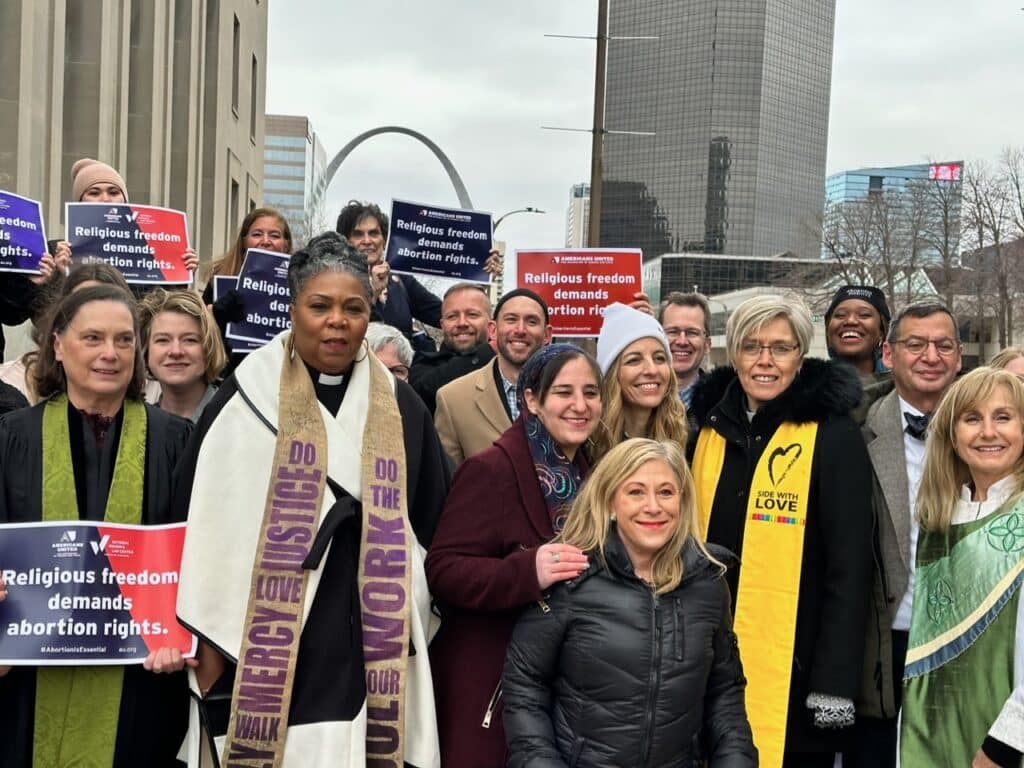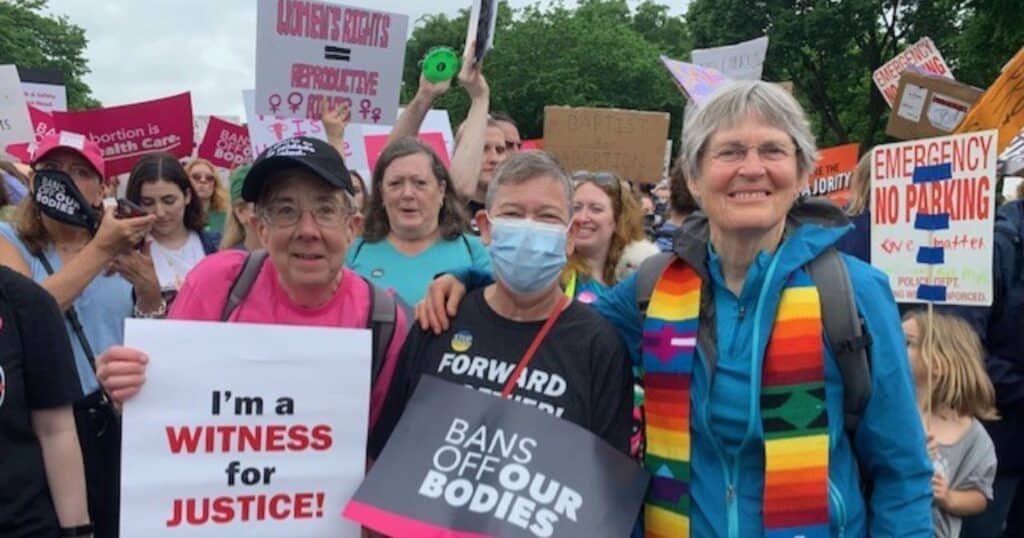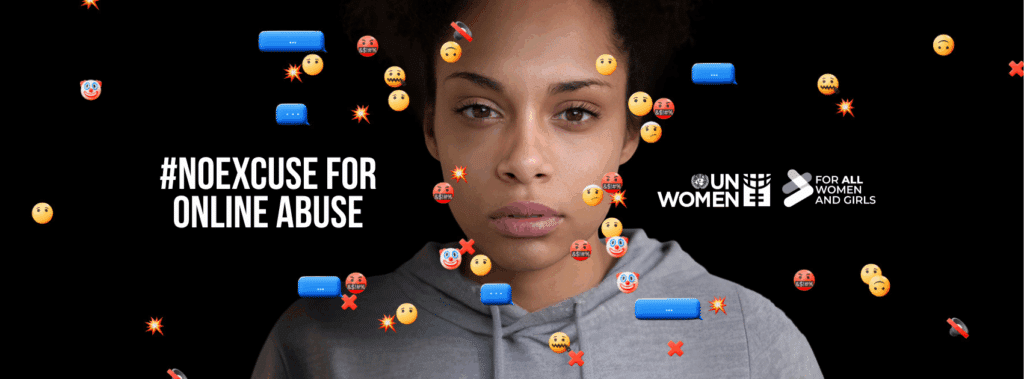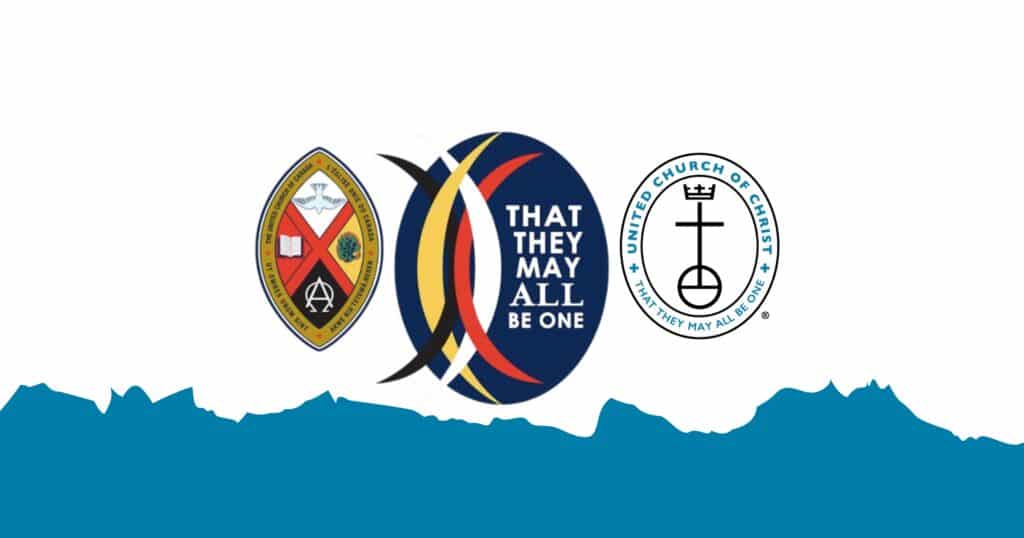A different kind of anniversary: UCC D.C. director marks Roe v. Wade
Sandy Sorensen, director of the United Church of Christ Office of Public Policy and Advocacy in Washington, D.C., reflects on the 50th anniversary of Roe v. Wade.
This year, Jan. 22 marked the 50th anniversary of the 1973 Supreme Court Roe v. Wade decision, making it possible for women to legally and safely receive abortion care as part of the range of critical reproductive health services.
On or around the day of the anniversary, those opposing access to abortion care have traditionally held a “March for Life” in Washington, D.C., bringing tens of thousands to the city for a rally and march, culminating in front of the Supreme Court. With the UCC’s Washington office located adjacent to the Supreme Court, I have had a bird’s-eye view of the march over the last three decades.
During those decades, the right to safe, legal access to abortion care — and the fundamental right to bodily autonomy it represents — has seemed more tenuous and threatened in some years, perhaps less so in other years, depending on the political terrain and public narrative. But it has remained in place.
Until now.
Reproductive justice
Women of color engaged in advocacy for health care and wellness for women and families have developed an understanding of reproductive justice, defined by SisterSong as “the human right to maintain personal bodily autonomy, have children, not have children, and parent the children we have in safe and sustainable communities.” This definition of reproductive justice reflects the reality that safe, accessible abortion care is inextricably connected to a host of economic, social and political rights.

An NPR report issued earlier this year — collecting research from sources such as the Guttmacher Institute, the American Public Health Association, the Center for U.S. Policy and public health scholars — indicates that states with the toughest abortion restrictions tend to provide less access to health care and economic assistance and reflect worse maternal and child health outcomes.
States with some of the highest levels of child poverty are states with strict abortion bans. Of states that have banned or are likely to ban abortion, only eight of 24 have minimum wages above the federal level of $7.25 per hour. Further, none of the states banning abortion have paid family and medical leave programs.
Right to autonomy
For more than 40 years, the United Church of Christ General Synod has affirmed and supported women’s access to the full range of reproductive health care, including abortion. Synod resolutions express the theological understanding that God has created women with inherent worth and dignity, and that includes the moral agency to make decisions about their health and family well-being. The UCC consistently has affirmed the fundamental, God-given right to autonomy over one’s own body.
Synod resolutions also reflect the intersections of policy issues that impact reproductive justice, including support for pay equity, increasing the minimum wage, workplace fairness, supporting access to health care, adequately funding child nutrition programs, ending gun violence, supporting quality public education and addressing racism as a public health issue.
We know from lived experience that when women and girls have access to education and the full range of reproductive health care, when they are empowered with agency over their own bodies, when they are not under constant threat of violence and sexual assault, their families thrive and communities thrive. This is evident in the United States and around the world. The health of individual women, and their access to the full range of health services, impacts everyone.

Call to action
We must work to change the false narrative that women’s autonomy is antithetical to the well-being of families and communities. Faith voices — such as those of four UCC clergy who joined others in a lawsuit filed Jan. 19 challenging Missouri’s abortion bans — are critical to this effort, as the struggle for abortion care access continues. Our stories are a critical tool in public policy advocacy and media advocacy to support women’s health autonomy.
For me, this Jan. 22 is more than an anniversary. It is an urgent call to action, and a reminder that the work is far from over. Strategies and action to advance reproductive justice may need to shift and change; what remains constant is the need for our unwavering engagement.
Sandy Sorensen is the director of the UCC Office of Public Policy and Advocacy in Washington, D.C.
Content on ucc.org is copyrighted by the National Setting of the United Church of Christ and may be only shared according to the guidelines outlined here.
Related News
Who’s Next?
This week the Supreme Court agreed to oral arguments on the challenges to Presidential...
Read MoreGender and Sexuality Justice Ministries joins global movement to end violence against women, children
The Gender and Sexuality Justice Ministries (GSJM) of the United Church of Christ has joined...
Read MoreUCC and United Church of Canada celebrate a decade of ‘shared mission, mutual accountability, common hope in Christ’
Ten years ago, the United Church of Christ (UCC) and The United Church of Canada (UCCan)...
Read More


